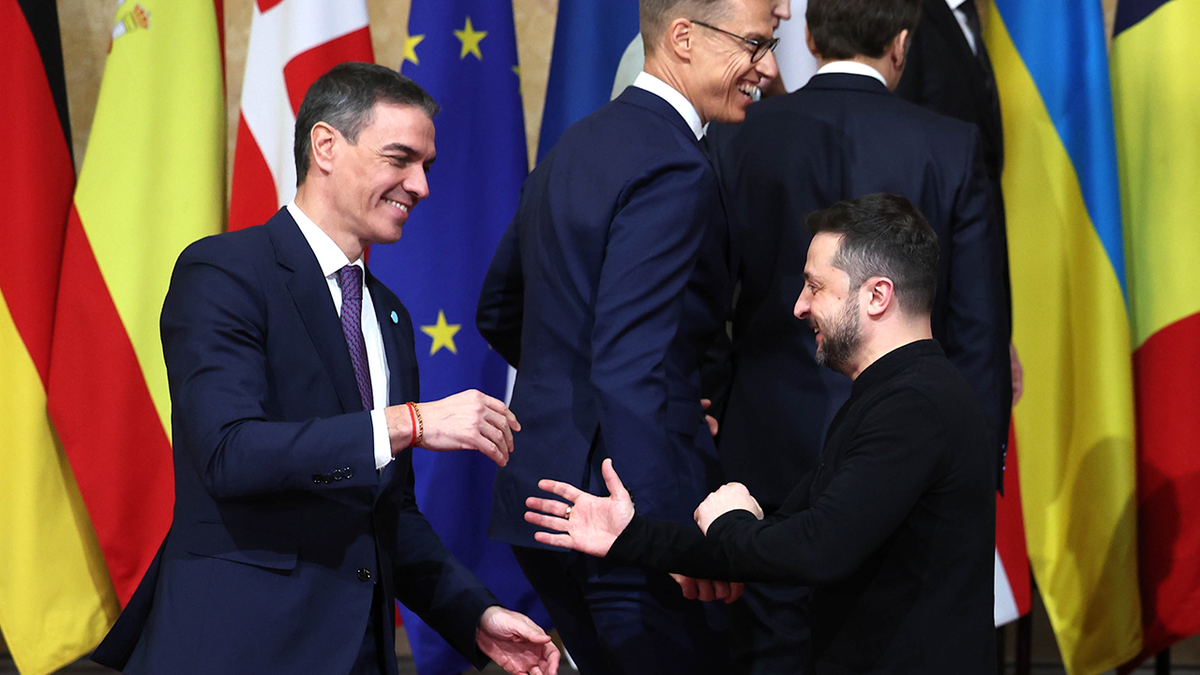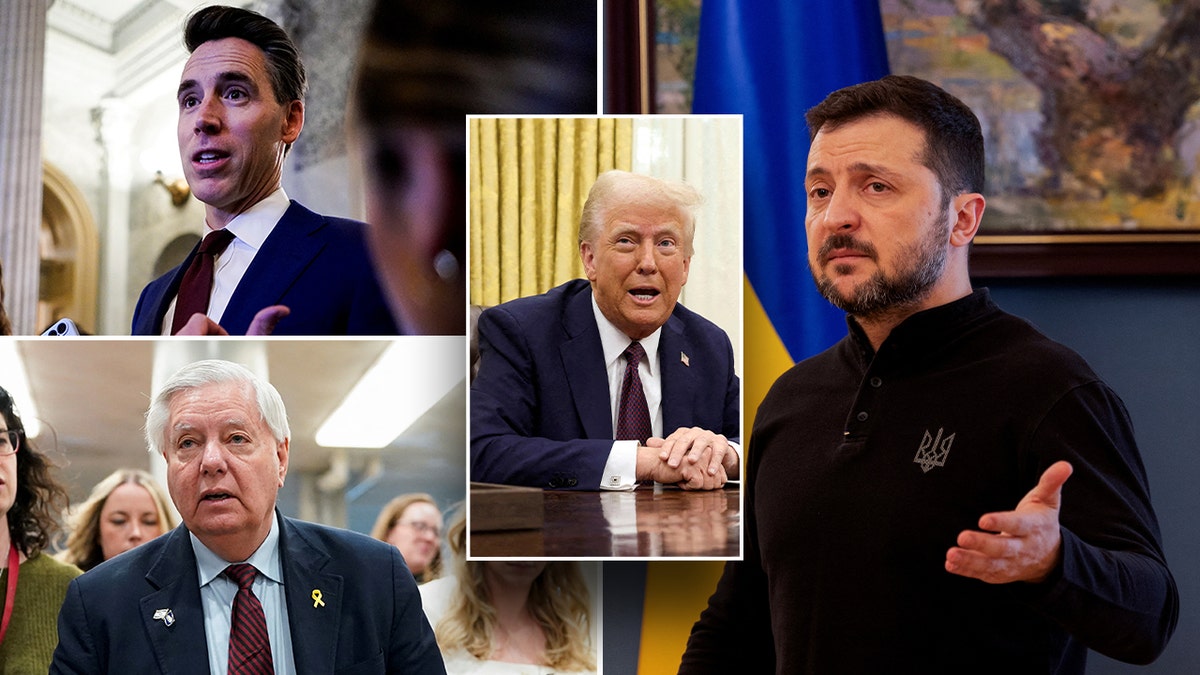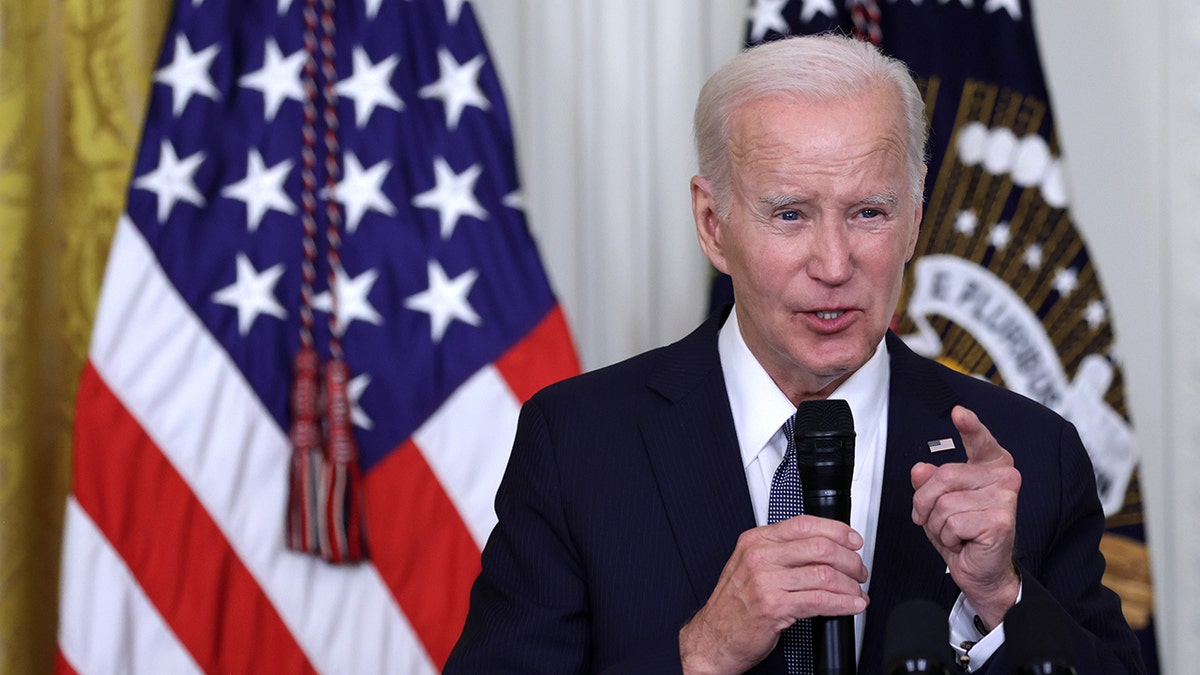A heated exchange between Donald Trump and Volodymyr Zelenskyy during a White House meeting has ignited a media firestorm, with many blaming Trump for the fallout. Journalists and commentators argue that the incident jeopardizes the crucial U.S.-Ukraine relationship amidst ongoing conflict with Russia, particularly given Trump's touted relationship with Vladimir Putin.
While Trump, seemingly prompted by JD Vance, undeniably lost his composure, he raises a valid concern about the difficulty of negotiating with Russia while simultaneously criticizing its leader. This is a delicate balancing act, considering their complex past interactions, including the Helsinki summit.
Zelenskyy, on the other hand, was within his rights to seek security assurances, given Putin's track record of disregarding agreements, as evidenced by the 2014 Crimean invasion and the subsequent war marked by civilian casualties. However, Zelenskyy's primary objective should have been to navigate the meeting effectively and secure the anticipated rare minerals agreement. By rising to the bait, he may have compromised his relationship with Trump, despite garnering support from Britain and France, who pledged peacekeeping troops following a settlement.

Trump's press secretary, Karoline Leavitt, defended the president's actions, describing Zelenskyy as antagonistic and rude, accusing him of interrupting Trump and refusing to agree to a ceasefire. She emphasized the importance of trusting Trump's ability to deter Russian aggression.

Zelenskyy's distrust of Trump stems from his belief that a ceasefire would solidify Russia's territorial gains. The public nature of the meeting, with 40 minutes dedicated to press questions, arguably contributed to the escalating tension. Leavitt justified this by citing Trump's commitment to transparency, allowing the public to witness the negotiation process firsthand.
The New York Times' David Sanger offers a compelling analysis, suggesting that Trump's ultimate goal is normalizing relations with Russia, even if it entails revising the narrative of the invasion, dismissing war crime investigations, or withholding long-term security guarantees from Ukraine. Sanger posits that Trump is distancing himself from the long-standing Atlantic alliance, viewing the post-World War II system as detrimental to American power.

Trump's America First platform, coupled with growing public fatigue over U.S. aid to Ukraine, resonates with many, especially Republicans. While the actual aid amount is less than Trump's claimed $350 billion, it remains substantial. The proposed rare minerals deal would have provided an economic incentive for continued U.S. support and partial repayment for its contributions.
However, a stronger argument for supporting Ukraine lies in the potential consequences of Putin's success. Rewarding his aggression could embolden him to target other neighboring countries. Trump's alignment with Russia at Europe's expense may be popular, but if he persists, this White House clash could mark a pivotal moment in the global order.
Zelenskyy's recent statement predicting a protracted war further complicated matters, drawing criticism from Trump. This self-destructive move underscores the deep divisions and uncertainties surrounding the conflict's resolution.








